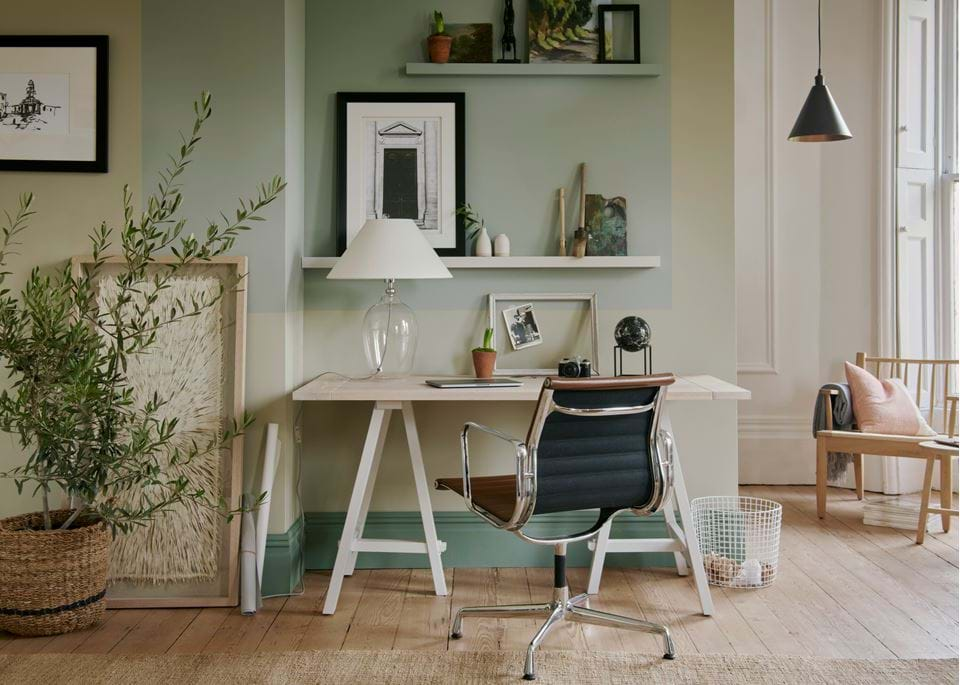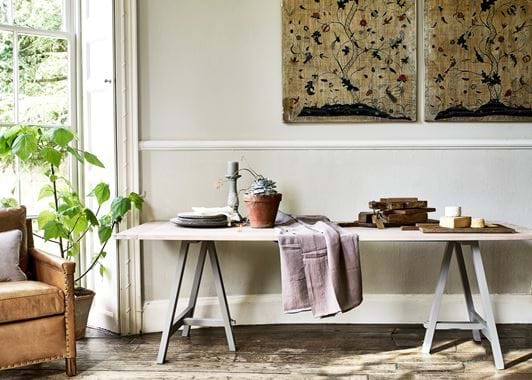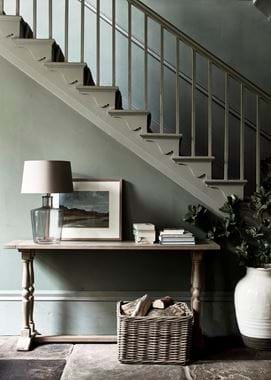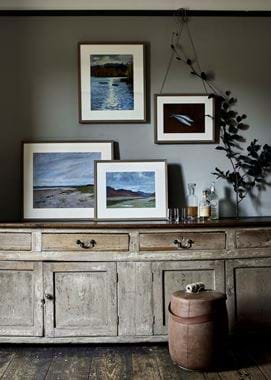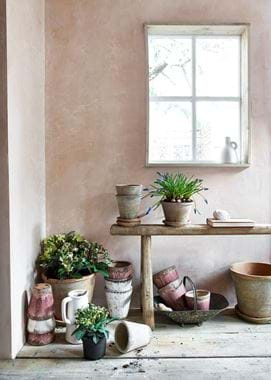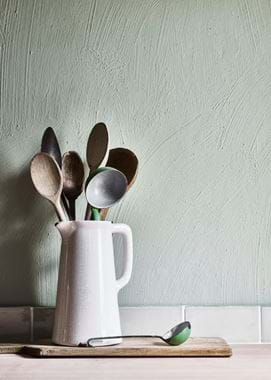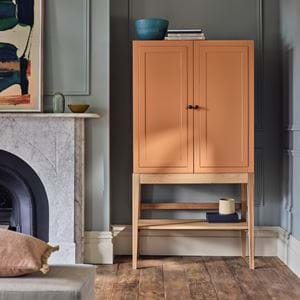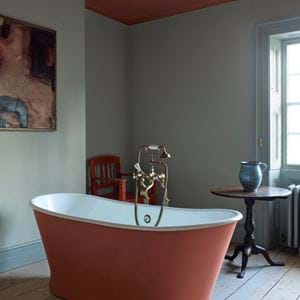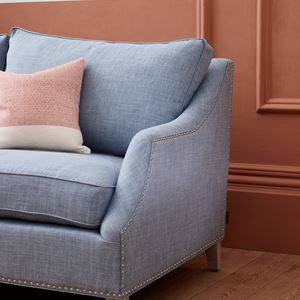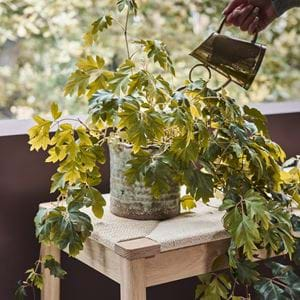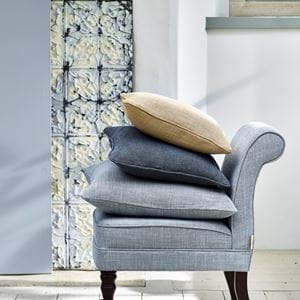What wabi-sabi can do for your home
What wabi-sabi can do for your home
There have been a few lifestyle concepts recently that promise a happier home life. We’ve written about lagom from Sweden; and you can’t have missed the buzz around hygge, Denmark’s concept of cosiness. Wabi-sabi from Japan hasn’t been in the spotlight so much, but that’s understandable, as it springs from Zen philosophy and celebrates quiet simplicity. It’s not so much a trend as a way of life – and that’s what makes it worth thinking about when you’re decorating your home. Here’s what wabi-sabi means and why it’s life enhancing…
What is wabi-sabi?
The term’s hard to translate into English, but basically, “wabi” suggests simple, natural, understated objects, while “sabi” represents the beauty that comes with age (or even decay).
Its roots lie in 14th-century Japan and its fabled tea ceremonies. The story goes that, one day, the Japanese emperor broke his favourite tea bowl; horrified when it was repaired with ugly metal staples, he asked his personal craftsmen to come up with something better. They invented a method of repairing china with resin and gold (known as kintsugi), so it looked lovelier than before it had been broken.
This idea of celebrating flaws and holding onto old objects was developed by the 16th-century Zen Buddhist philosopher and tea master Sen No Rikyu. He believed that living with few and simple possessions, marked by the signs of time, was the height of wisdom. It was a way of accepting life’s transience, making a link between the big concepts and the small things that surround us every day.
In Zen thinking, wabi-sabi’s essentially about the acceptance of death, but in terms of your home and life, it’s rather more positive: it means learning not to stress about things not being perfect, and being content with what you have rather than constantly craving newness.
Wabi-sabi in your home: simple and long-lasting
Living the wabi-sabi way means not slavishly following trends, but only buying things that you know you’ll use and treasure for years. If you shop in this mindful way, your home will not only be calmer and less cluttered, but also better for the environment, as you’ll feel less need to throw things away.
Wabi-sabi also means not worrying about whether everything in your home matches perfectly. If you only buy things you really love, and amass them over time, they’ll rub together quite happily. And they’ll be unique to you – a summing up of your personal taste.
Repairing and repurposing
A key part of wabi-sabi’s learning to love imperfections in your home, whether it’s a scratch on a much-loved wooden table, or crackles in the glaze of worn but treasured china. Think of it as the oriental equivalent of “make do and mend”.
If something breaks, the idea is that you repair or repurpose it where you can (as long as it’s still useable). Functionality’s really important in wabi-sabi, so marks of use are seen as adding to an object’s beauty rather than spoiling it.
Staying close to nature
Wabi-sabi prizes natural materials that last – our wooden furniture’s perfectly in tune with this, as are things like ceramic, wicker, stone and leather. That’s because they’ll get lovelier over time – think about the patina on an old leather armchair, or the way a stone floor gets gently worn with the years.
Nature-inspired, earthy colours are just right too. They help give that feeling of calm and simplicity wabi-sabi prizes, and as they connect you to the world around you, they’re good for your well-being. Our Timber, Fossil and Pebble paint palettes have a very wabi-sabi feel.
Craft and the handmade
Things that are made by hand are a hallmark of wabi-sabi – their natural flaws and irregularities have a soft, human touch. Terracotta pots or tableware that’s a bit wobbly is one example (try our Bowsley range), or a linen fabric where you can see the natural slubs (or knobbles) in the weave.
Objects like these are designed to be used every day – and it doesn’t matter if they show some wear and tear, as they were never intended to be perfect.
Simplicity and calm
A calm, simple space equals a relaxed mind. Too much clutter’s the enemy of wabi-sabi living, so it’s important to have storage that works well for you.
But that doesn’t mean just stuffing all your possessions behind closed doors; wabi-sabi’s more thoughtful than that. It all comes back to having only what you truly need and love. As William Morris once said: “Nothing useless can be truly beautiful.”
